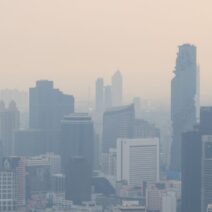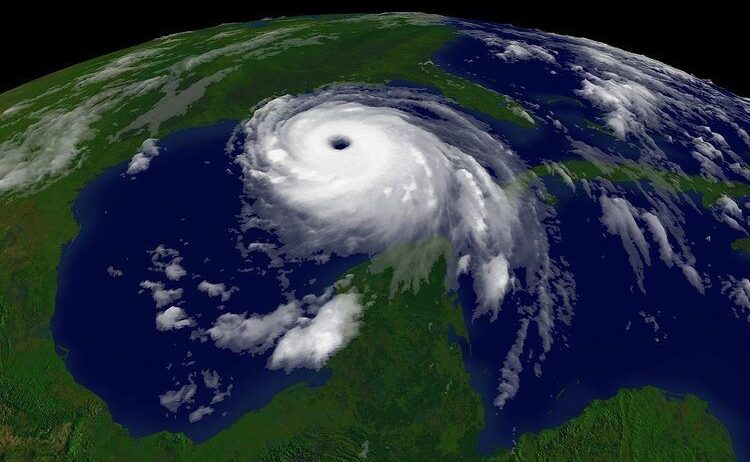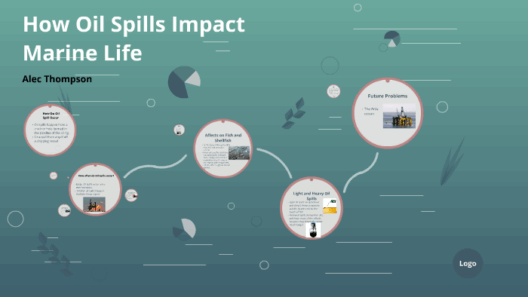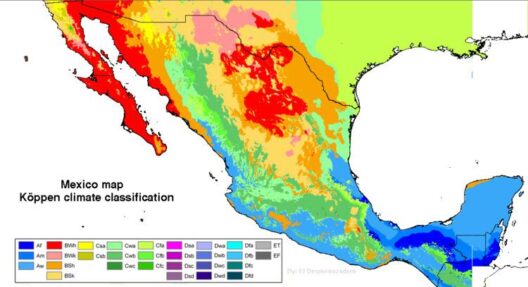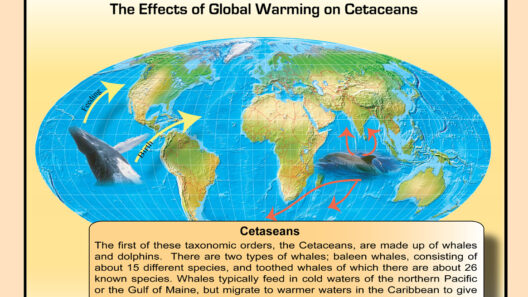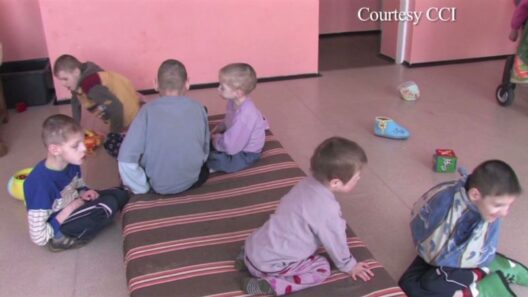Hurricane Katrina, one of the most devastating natural disasters in U.S. history, struck the Gulf Coast in August 2005. As a Category 5 hurricane, it brought catastrophic winds, torrential rains, and a storm surge that flooded New Orleans, uprooting lives and altering the landscape forever. While the direct impact of the hurricane on human lives and infrastructure is widely documented, fewer discussions delve into the intricate relationship between global warming and the severity of such storms. Understanding this relationship is pivotal for future preparedness and response, enlightening us on how climate change exacerbates the frequency and intensity of hurricanes.
Global warming, primarily driven by human activities such as burning fossil fuels and deforestation, is fundamentally altering the climate system. The increase in greenhouse gases traps more heat in the atmosphere, leading to warmer air and oceans. These changes significantly impact weather patterns, particularly in hurricane development and intensity. The multi-faceted nature of these interactions raises vital questions about the lessons learned from Hurricane Katrina and the broader implications for future climate resilience.
One of the most critical ways global warming influences hurricanes like Katrina is through elevated sea surface temperatures. Warmer oceans serve as the primary energy source for hurricanes, enhancing their development. The Gulf of Mexico, a breeding ground for cyclones, reached anomalously high temperatures in the summer of 2005. Studies have indicated that the waters were about two degrees Fahrenheit warmer than the norm, providing increased energy for Hurricane Katrina as it formed and intensified. This correlation between warmer oceans and strengthened hurricanes underscores a pressing concern for coastal communities that may face increased hurricane activity as global temperatures continue to rise.
Another significant aspect is the amplification of rainfall associated with warming climates. The atmosphere can hold more moisture as temperatures soar, resulting in heavier precipitation during storms. Katrina released an extraordinary amount of rain, leading to catastrophic flooding in New Orleans. In the context of climate change, these intense precipitation events may become more frequent, ushering in the potential for disasters of even greater magnitude. Therefore, the lessons learned from Katrina highlight the necessity for improved infrastructure and adaptive methods to mitigate against such future deluges.
Additionally, global warming alters atmospheric circulation patterns, which can affect the paths hurricanes take. Changes in wind patterns may result in storms lingering over certain areas longer than typical, prolonging destructive winds and rainfall. Hurricane Katrina’s trajectory was influenced by high-pressure systems in the Gulf region, a phenomenon that experts are increasingly attributing to changes induced by climactic shifts. This alteration in storm behavior could lead to regions historically less affected by hurricanes facing new risks, prompting a reevaluation of risk assessments across various coastal zones.
In another vein, the degradation of natural barriers such as wetlands and mangroves, primarily due to human development and climate change, exacerbates the impacts of hurricanes. These natural systems act as buffers against storm surges, soaking up excess rainfall and reducing wave energy. Post-Katrina, many experts advocated for restoring these ecological barriers as a form of disaster preparedness. Emphasizing the intrinsic connection between environmental health and human safety is vital, reminding society that climate resilience cannot be achieved without a focus on ecosystems.
The aftermath of Hurricane Katrina prompted a surge in environmental awareness and highlighted systemic inequalities in disaster response. Vulnerable populations faced disproportionate risks, as shown by the tragic outcomes experienced by the predominantly low-income communities in New Orleans. The lessons learned urge a call for equity in resource allocation and emergency preparedness, ensuring that all communities have the tools needed to adapt to changing climatic conditions.
Moreover, Katrina has become emblematic of the larger narrative surrounding climate change. The dialogues it sparked about infrastructural inadequacy, governmental response, and environmental justice dovetail with the overarching urgency to combat global warming. Hurricane Katrina serves as a cautionary tale, illustrating that neglecting climate action can lead to compounded disasters where the most marginalized bear the brunt of inaction.
As we assess the ramifications of Hurricane Katrina through the lens of global warming, it becomes discernibly clear that these lessons are not just about managing the aftermath of a single event. They compel us to invoke systemic changes—technologically, socially, and politically. The time for holistic approaches to climate adaptation is now. Investment in renewable energy, a transition to sustainable practices, and enhancing community resilience are essential pathways forward.
In conclusion, Hurricane Katrina ushered in an era of heightened awareness regarding the interplay between global warming and hurricane intensity. The multifaceted ramifications of climate change highlight the essential need for adaptive strategies that embrace environmental restoration and social justice. As society grapples with these lessons, an imperative emerges: to transform knowledge into action. Only by integrating these insights into policy and community practices can we hope to build a future resilient to the unrelenting forces of nature. The next chapter in the battle against climate change will be defined by our response to the challenges posed by past events like Katrina and our unyielding commitment to safeguarding the planet for future generations.


